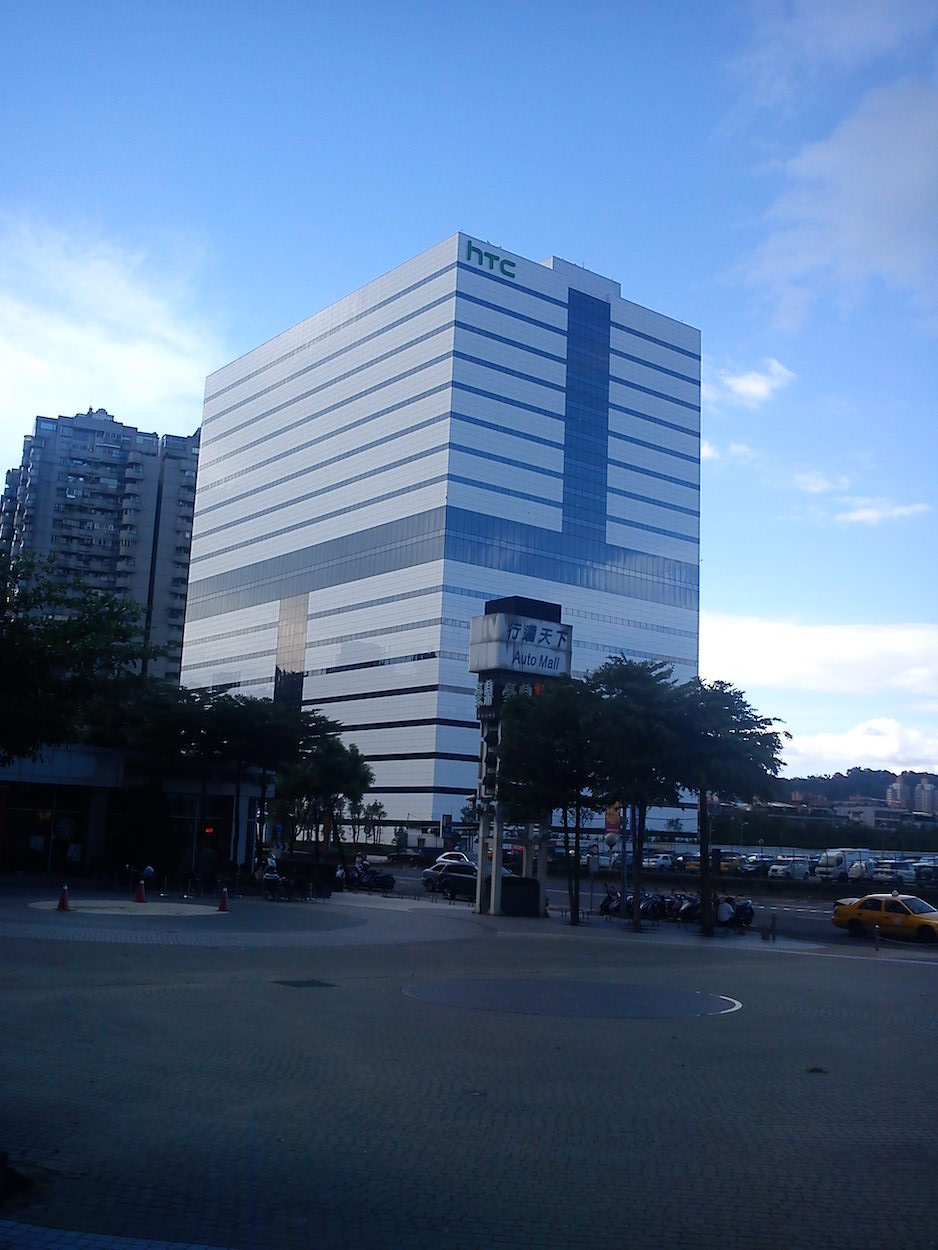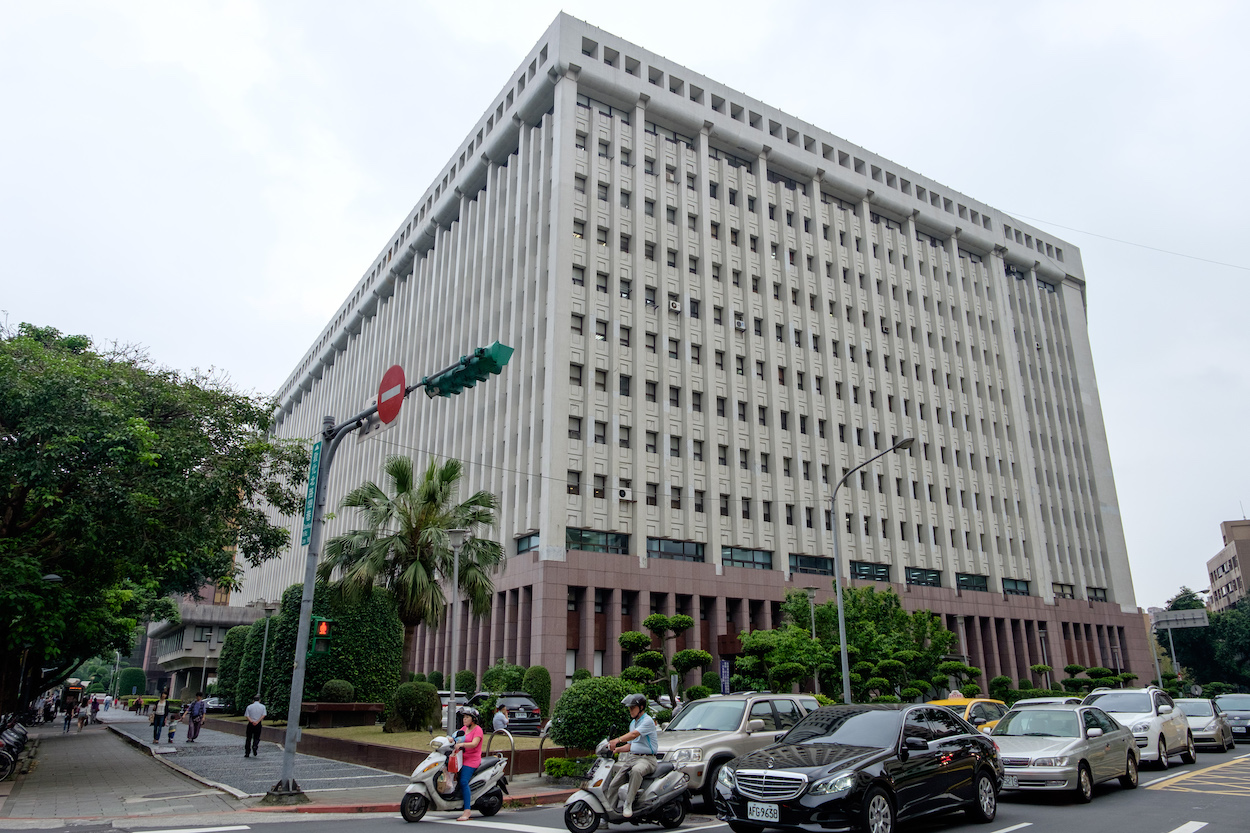by Brian Hioe
語言:
English
Photo Credit: Lucychu/WikiCommons/CC
NPP LEGISLATOR Chiu Hsien-chih and DPP legislator Kao Chia-yu held a press conference, along with independent journalist Yao Hui-chen, on Tuesday to call attention to major conglomerates in Taiwan using charitable trusts to avoid taxes.
This press conference took place after the release of an investigative report by Yao, which was released on Seygai. The investigative report was the result of over two years of journalism combing through tens of thousands of documents, which focused on Taiwan’s five major conglomerates, which are the Chi Mei Group, Formosa Plastics Group, Hermes-Epitek Corporation, Hontai Construction, and HTC Corporation. These are among Taiwan’s most powerful companies, in industries ranging from construction, energy generation, mining, and electronics, inclusive of in the semiconductor field. Hermes-Epitek owns Hermes Microvision Incorporated.
 HTC headquarters in Xindian. Photo credit: Justin441995
HTC headquarters in Xindian. Photo credit: Justin441995
According to the findings, the five major conglomerates have set up ten charity trusts. While 258 charitable trusts were set up between 1996 and 2020, worth a market value of 120 billion NT, these ten charities constitute 80% of this net worth, amounting to 99.68 billion NT.
However, what the report found was that donations from these charities totaled less than 6 billion NT per year, and that on average, only 0.65% of their annual income was spent on charity. That proves less than the 5% minimum income tax. The report notes that the HTC Corporation, which is related to the Formosa Plastics Group by the family links of its leaders, only spends. 0.17% of its income on charity, as spending least of these conglomerates.
Even then, donations from these charitable trusts is often simply reshuffling money, with 48.92% of charitable expenditures, or 2.87 billion NT, ending up donated to other foundations owned by the same individual.
The report points to how the use of charitable funds seems to be common among the Wang family, which owns Formosa Plastics. Seven of the ten funds were founded by members of the Wang family, among two generations.
Nevertheless, the use of charitable funds is useful for the powerful and wealthy due to the fact that this allows for tax savings calculated at around 20 billion NT. Charitable funds also allow for tens of billions in tax-free cash dividends. A Hontai-owned charitable trust was even found to be carrying out investment using trust funds.
More broadly, the report zoomed in on charitable trusts run by the Wang family, finding that as the Wang family has increased in number over three generations, the use of charitable trusts persisted among all three.
The report, then, indicated failures by the responsible banks, as well as the Ministry of Health and Welfare, to regulate charitable trusts. To rein in charitable trusts will require the cooperation of the Ministry of Justice and Ministry of Finance.
Although the Control Yuan and other supervisory government bodies had raised questions about the reshuffling of money through charitable trusts in the past, this does not have been sufficient to lead to change. Charitable trusts are not required to engage in charitable actions each year.
As such, Kao and Chiu have advocated that charitable trusts are required to spend 60% of their annual income or 5% of their net worth each year on charity work. It is hoped that this will be a measure that can allow for charitable trusts to carry out their intended function of assisting the disprivileged or providing other social services.
It was also suggested that centralization of government authority regarding charitable trusts may provide oversight. Indeed, it is thought that government bureaucracy regarding too many stakeholders overseeing charitable acts is part of what is contributing to issues of lacking transparency, and calling charitable trusts and the companies that found them to account.
It remains to be seen whether there can be sufficient political momentum to push for action on this front. The five conglomerates named in the report are among the largest and most powerful companies in Taiwan. To this extent, Taiwan is a country that already experiences major issues regarding tax evasion by the wealthy, compounded by low tax rates. In this sense, the issue of charitable trusts in Taiwan may only scratch the surface of a much larger issue. It may require a public outcry for there to be change on the issue, otherwise the scandal may merely be swept under the rug.


